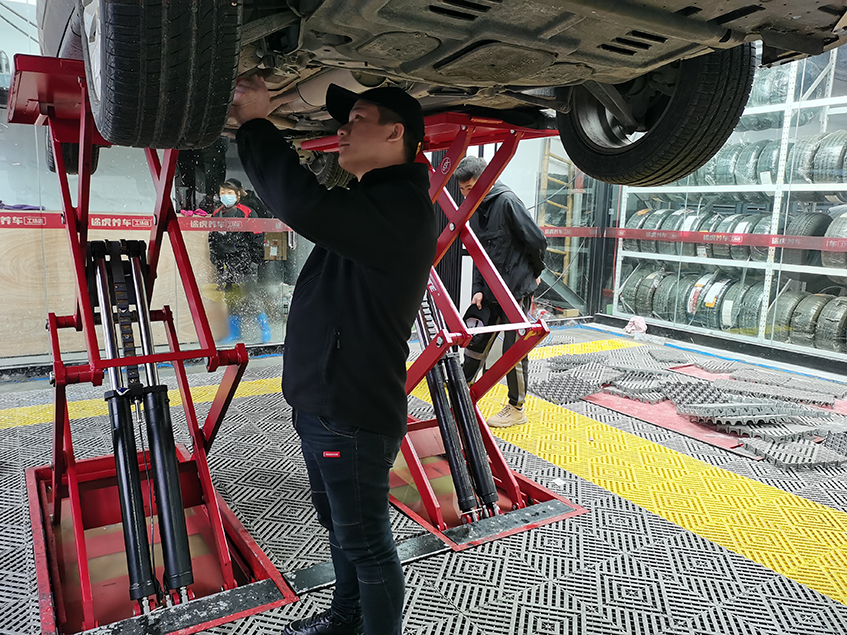For any vehicle owner, ensuring the upkeep of their automobile should take precedence, particularly for those who rely on their car extensively. When considering frequent vehicle usage, the occurrence of a flat tire is not a far-fetched possibility – nor should it be relegated to a lower priority. This is underscored by the fact that there are more than 400 fatalities attributed to flat tires every year.
In the event of encountering a flat tire while driving, the utilization of a car jack becomes essential to elevate the vehicle and facilitate tire replacement. The majority of car jacks operate on hydraulic principles, utilizing fluid pressure for functionality. The specific type and model of car jack employed hinges upon the intended purpose of the equipment.
In this discussion, we will explore diverse categories of car jacks and additionally provide recommendations on where to acquire dependable and cost-effective options.
Car aficionados and automotive shop proprietors possess a comprehensive understanding of the various categories of car jacks, yet these differences often remain inconspicuous to the general populace. Certain car jacks are manually operated, necessitating human intervention for their functionality as opposed to relying on hydraulic mechanisms.
Conversely, hydraulic car jack employ an oil-pumping process within a compact cylinder. As greater quantities of oil are introduced into the cylinder, heightened pressure ensues, prompting the vehicle’s chassis to rise above the ground level, facilitating the execution of necessary repairs.
Floor jacks
Uncomplicated automotive lifting devices powered by hydraulic mechanisms. Employing a hand lever, a floor jack empowers you to elevate one side of your vehicle. The elegance of these car jacks resides in their simplicity, as they require neither advanced mechanical expertise nor excessive physical prowess.
Air jacks
Also known as pneumatic jacks, find primary utilization in the robust construction sector for raising substantial and unwieldy equipment such as trucks, buses, and various construction vehicles. These jacks are frequently recognized as telescopic jacks due to their design and functionality.
Ratchet jacks
The purpose of elevating weighty automobiles, machinery, or other cumbersome objects. These jacks operate through the application of incremental force, progressively amplifying the exerted pressure. Leveraging the mechanics of a lever, the ratchet jack finds application across diverse industries.
Bottle jacks
Characterized by their hydraulic mechanism and bottle-like shape, derive their name from this resemblance. These jacks are a cost-effective alternative to floor jacks, rendering them ideal for vehicle owners seeking to manage minor repairs on their own.
Scissor jacks
Present a favorable option for raising lighter vehicles, with an average lifting capacity ranging from 1 to 2 tonnes. These jacks offer affordability in comparison to floor jacks and boast a lightweight design, making them well-suited for convenient transportation.
Rolling jacks
Secured their niche within the realm of automobile repair shop proprietors, as they enable technicians to effortlessly attend to vehicle servicing tasks. These rolling jacks serve as the ultimate enhancement for the standard four-post lift, converting it into a comprehensive car lifting solution.
Forklift jacks
Engineered lifting devices crafted for the purpose of raising forklift vehicles to facilitate component replacements. These jacks rely on a hydraulic system activated through manual pumping. On average, a forklift jack can elevate loads ranging from approximately 8,000 to 9,000 lbs.

